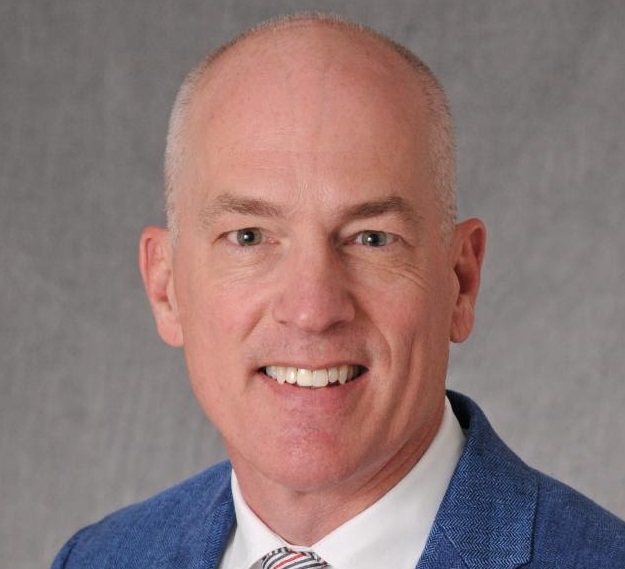The sixth of seven relatives to study medicine at Jefferson, Newton E. Kendig II, MD ’84 strengthened his family’s ties to the university by establishing the Kendig Family Medicine Fund. Initially the fund supported training programs in the Department of Family and Community Medicine for students, residents, and fellows currently focused on caring for patients with on HIV/AIDS and Hepatitis C.
“We believe this is a core skill for family doctors that has all too often been relegated to specialty care, which is not always available to our most at-risk community members,” says Christine Arenson, MD, chair of Jefferson’s Department of Family and Community Medicine. As the Kendig Family Medicine Fund grows, she says, the department will put it to good use preparing medical students to provide care to underserved populations wherever or whoever they are.
“A common theme for Kendig physicians from any generation has been serving the underserved, mostly through practicing family medicine,” says Kendig. “This is so much less about the Kendig name and so much more about helping to ensure that academic family medicine at Jefferson builds upon its proud history to graduate future primary care physicians who, in the spirit of the Kendig family, will serve the underserved, whether in rural America or the inner city.”
Although he diverged from the family trend by pursuing a career in infectious diseases rather than family medicine, Kendig still focuses on treating the underserved as a way of promoting public health.
After earning an MD at Jefferson, he completed a residency in internal medicine at the University of Rochester’s Strong Memorial Hospital and went on to train in infectious diseases at Johns Hopkins. He eventually retired from his post as assistant surgeon general in the United States Public Health Service and former medical director of the Federal Bureau of Prisons at the United States Department of Justice. Today, Kendig is clinical professor of medicine at George Washington University School of Medicine and Health Sciences, where he spearheads the Criminal Justice Health Initiative, which gives medical students clinical rotations at correctional facilities and provides training in correctional medicine.
Seeing family practitioners as the anchors of healthcare, Kendig is concerned that medical students’ interest in primary care is decreasing as tuition—and therefore debt upon graduation—rises and more lucrative specialties draw attention. Arenson notes that the Kendig Family Medicine Fund helps the department prepare future physicians to care for some of the most vulnerable patients in America—those with HIV/AIDS, those who are homeless or immigrants, and those whose race, ethnicity, or zip code puts them at risk because they can’t get appropriate primary care. “We can and do wonderful work at Jefferson,” she says, “but multiply that work across the professional lives of our learners, and the number of lives we can impact is truly astounding.”
Kendig is proud that his nephew, Marshal Miller, MD ’12, remained at Jefferson to do a residency in family and community medicine with a focus on serving the underserved. He is currently an adjunct assistant professor. The sixth-generation Kendig family member to attend Jefferson, Miller has pledged to carry on his predecessors’ tradition of caring for those with limited resources and, like his uncle, he recognizes an urgent need for philanthropic support for primary-care programs.
